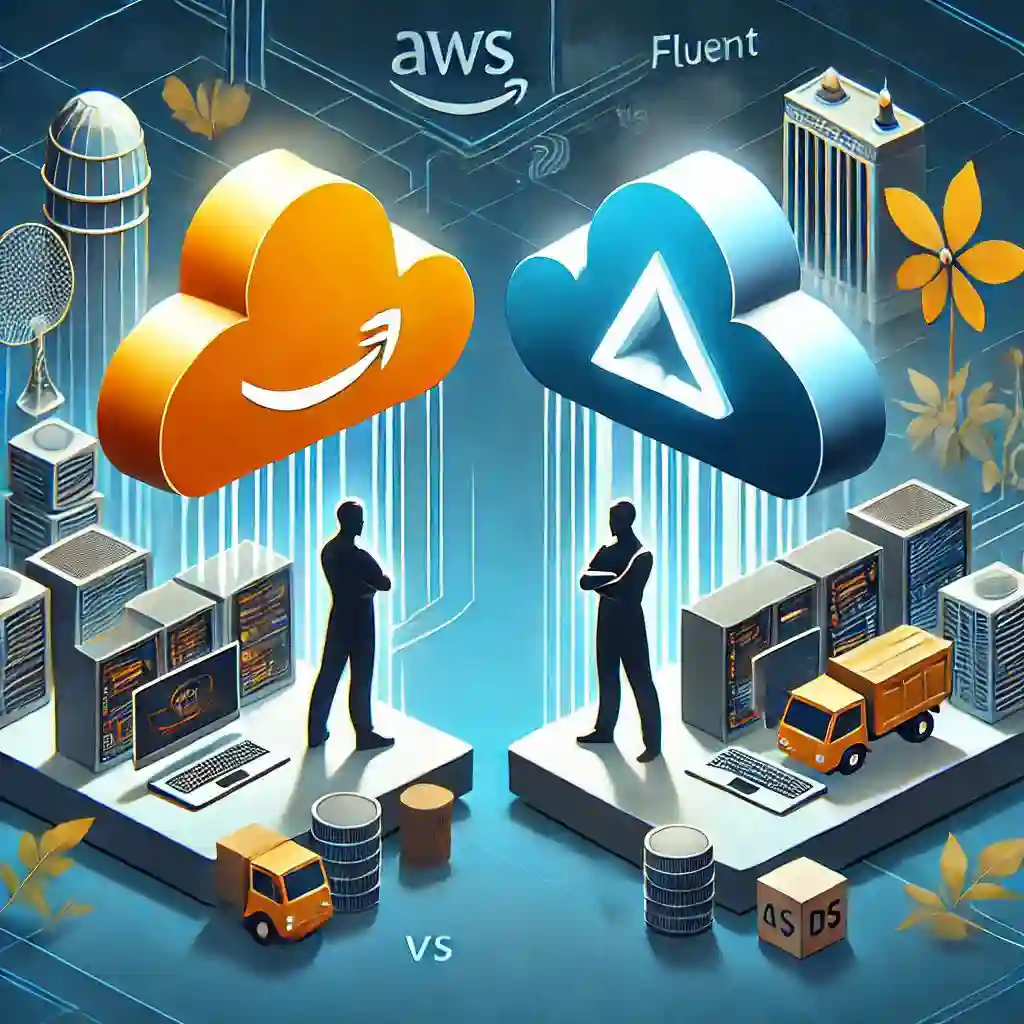Tommi's Scribbles
Best cloud services for 2025

- Published on 2025-01-12
I currently work at a company where AWS is the go-to cloud service. While I am AWS certified, I see value exploring what the competition has to offer. So let's review what are the best cloud services to kick off 2025.
Best overall: Azure
Moving software systems to the cloud must bring some added value. Microsoft exels in this department. Using Azure feels like you are actually getting a well thoughtout service. The more you are willing to pay, the better the service and the less you have to do yourself.
Azure is great for starting out with the fact that most things are easy to accomplish via the cloud console. You also get a handy way to download something you just deployed via the console as a repeatable template, enabling transitioning to infrastructure as code (IaC). This makes it super easy to launch, scale, and even destroy resources.
The only negative for Azure is cost. It feels the priciest of the cloud services, and I always feel like finding the actual cost of something I want to do hard to gauge.
Best for compute: Hetzner
If your company is not cloud native, instead of deploying an express server in AWS Lambda and calling it serverless, just get a VPS from Hetzner and be done with it.
Hetzner has great low-cost compute and storage solutions, but the low cost comes with the provision you need to do more yourself. However, if you are running servers already, Hetzner offers a low cost way to pass the infrastructure management to a third party who does the management well. I've seen a trend mentioned where companies moved to cloud only to move back when their EC2 bills eat their budgets. Instead, look to move to Hetzner.
Outside of you needing to do more, Hetzner has less of a global footprint. They have expanded globally though, and have launched new services such as load balancers and S3-compatible blob storage, so they could be even greater an option down the line.
Best for containers: Google Cloud
It should be no surprise that the company of Kubernetes does anything container related well. I especially love Google Cloud Run, which allows zero to hero scaling for web containers. For example, setting up a self-hosted Bitwarden vault is crazy easy on Google, and with the zero scaling, your bill will be minimal as you will only pay for the persistent data.
Same goes for creating Kubernetes deployments. And while I dislike the material UI (let's face it, fluent is much nicer), the console is still nicer to use than what AWS offers.
Google Cloud also offers a number of other nice things, such as a great DNS service, plus the mighty impressive Gemini. However, outside of the above, Google Cloud feels like it is more in the way instead of helping. And with Google, you always risk a service going away or getting replaced.
Good for do-it-yourself: AWS
While highly popular, AWS differes from Azure in that most services are separate pieces you are responisble to glue together yourself. To help with this, AWS has one nice trick up its sleeve: AWS CDK. CDK allows defining stack in code, which is something the other services above are unable to do. Sure, there are third party solutions calling themselves Infrastructure as Code such as Terraform. However, they all come with their own language, making them far less useful than defining stacks in the same language the application code is.
Outside of CDK, AWS excels in cloud native basics. Just connect Lambdas, API Gateways, SQS, SES, storage and databases, and maybe some batch jobs, and you can create pretty much any app you want or need.
Conclusion
Hopefully the above comparison will guide you in picking the best cloud service for your needs.